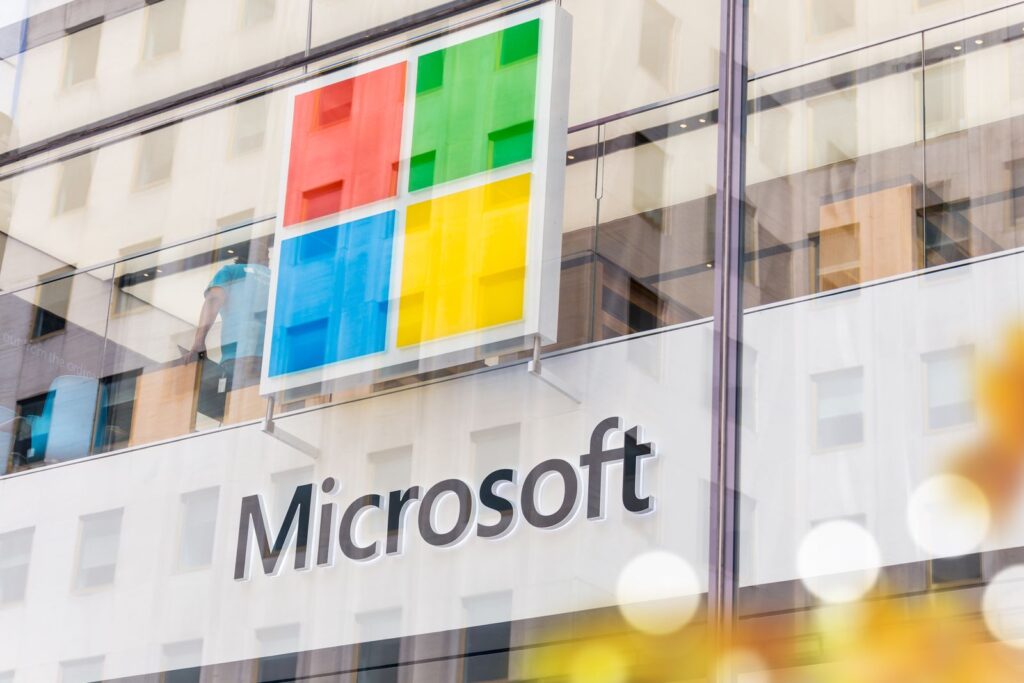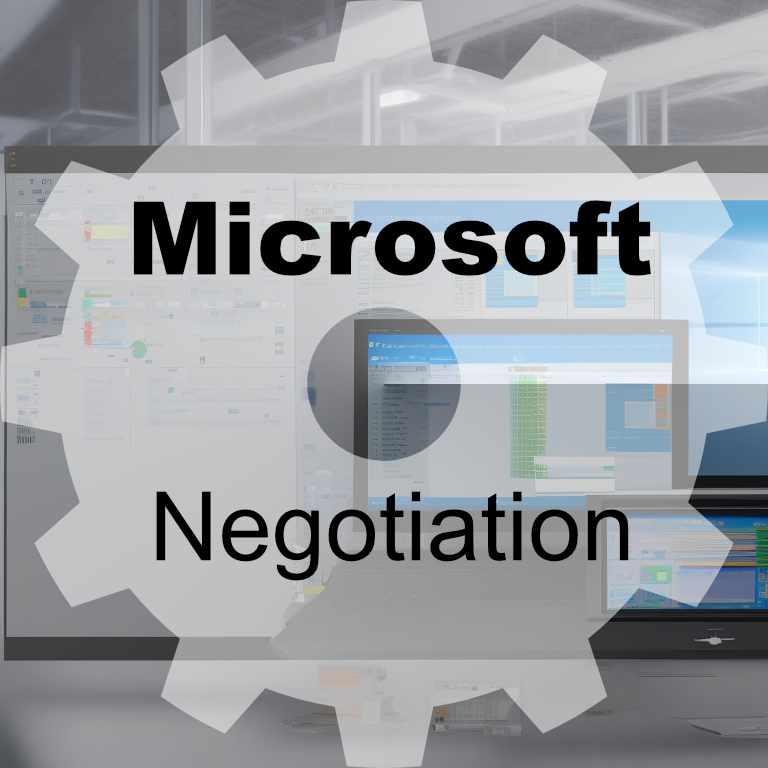Microsoft Licensing and Pricing Changes: A Guide to Better Negotiation
Table of Contents
Microsoft Licensing Introduction
IT vendors’ licensing and pricing changes have certainly caused a commotion within enterprises. Not only are these changes quite drastic, it will make companies pay a lot more, and that’s never good at all. IT vendors like Oracle and Microsoft made this move for the purpose of increasing revenue.
Forces Behind the Negotiations
Enterprises that have been using Microsoft EA will need to look over their licensing agreements. They should understand why there’s a need for new Microsoft negotiations for licensing renewal. Below is a list of the forces behind the negotiations:
Spillover Prevention
Consumers renewed their licenses near the end of the fiscal year, which isn’t something Microsoft wanted. The EA license renewals took place in June mostly so Microsoft is really pushing to get more of the renewals early on. They don’t want to prevent any spillover into the next year.
Sales Rep Forecast Pressure
Microsoft is putting pressure on its sales reps and channel partners to make accurate revenue forecasts. Microsoft licensing wants to enforce on-time renewals, and as a result, sales reps are more focused on making forecasts than making revenues.
Foot Down
Microsoft licensing is putting its foot down on pricing and licensing practices. If you don’t renew early, you won’t get any concessions.
Dealing with Microsoft EA License Negotiation
So, how should you deal with Microsoft EA license negotiation? The first thing to do is renew the license as early as you can. When you do that, the Microsoft staff will most likely give you better offers on prices and maybe some discounts too. This is one way to entice customers to renew their licenses early on. Next, you must educate yourself on the licensing options they are offering.
Microsoft Licensing Cost Management
In dealing with costs, think about the EA negotiation as a process. Microsoft is doing soft audits and true-ups in the midterm. If you can prepare before these official processes, you can effectively monitor your costs with Microsoft.
Joseph B. Kappernick specializes in helping Fortune 500 companies save money. He recommends that you visit NPI to learn more about IT expense reduction.

Microsoft Licensing Article Updates
The article is about the new Microsoft licensing and pricing changes and how enterprises can negotiate better deals with Microsoft. Here are some points of the article’s focus:
- Microsoft licensing is changing its licensing and pricing policies.
- These changes will make it more expensive for enterprises to use Microsoft products.
- Enterprises can negotiate better deals with Microsoft by renewing their licenses early.
- Enterprises should educate themselves on the licensing options that Microsoft is offering.
- Enterprises should be prepared for soft audits and true-ups.
Microsoft Licensing – Tips for Negotiation
Here’s good advice on how to negotiate with Microsoft:
- Renew your licenses early.
- Educate yourself on the licensing options that Microsoft is offering.
- Be prepared for soft audits and true-ups.
- Be prepared to leave the negotiation if you are unhappy with the terms.
Timeline of Microsoft’s Licensing and Pricing Policy Changes
Microsoft has made a number of changes to its licensing and pricing policies over the years, so it’s difficult to say exactly which changes the article is referring to. However, some of the most significant changes include:
- In 2011, Microsoft introduced the Software Assurance program, which allows customers to pay a monthly subscription fee to receive access to the latest versions of Microsoft software.
- In 2013, Microsoft introduced the Office 365 subscription service, which allows customers to access the latest versions of Microsoft Office applications over the Internet.
- In 2016, Microsoft introduced the Azure cloud computing platform, which allows customers to run Microsoft software on Microsoft-owned servers – Microsoft licensing options.
These changes have made it more flexible and affordable for customers to use Microsoft software. Azure has no direct successor, as it is still under active development and is constantly being updated with new features and services. However, several other cloud computing platforms, such as Amazon Web Services (AWS) and Google Cloud Platform (GCP), have emerged in recent years. These platforms offer similar features and services to Azure, and they are all competing for market share. In the future, it is likely that we will see a consolidation of the cloud computing market, with a few major players emerging as the dominant forces.


